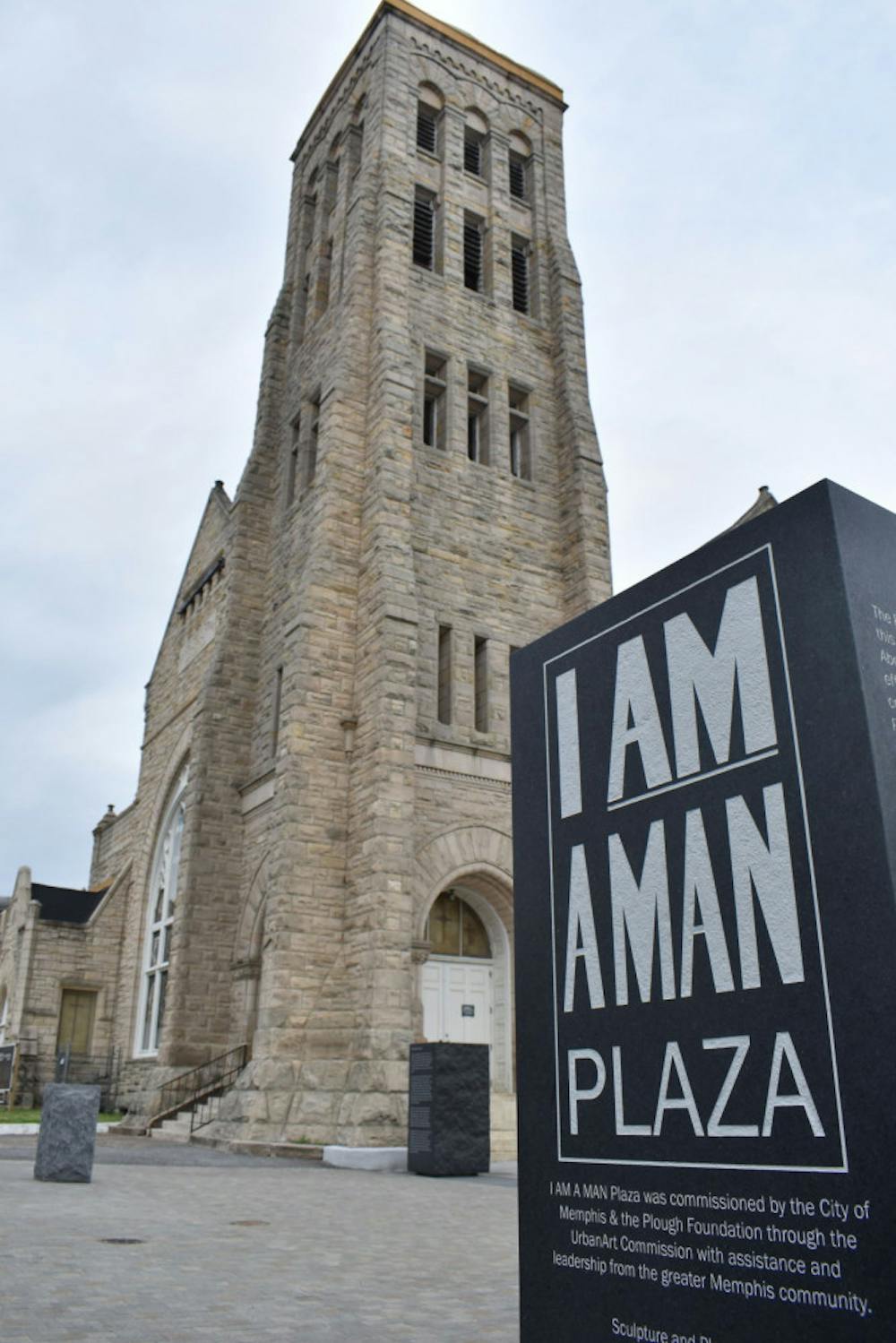Martin Luther King, Jr. was assassinated 50 years ago at the Lorraine Motel in Downtown, Memphis, while fighting for more civil rights for people of Memphis, the United States and around the world.
Although King is gone, his dream still relates to Memphis today. Researchers have said Memphis is still learning how to achieve the dream King had.
Aram Goudsouzian, professor and chair of the Department of History at the University of Memphis, said it is “hard to say” if King’s dream of eradicating poverty in Memphis has made meaningful progress.
“Rates of poverty have improved only marginally, and those who are black and poor live in segregated conditions that do not reflect much headway since 1968,” Goudsouzian said.
Memphis has reclaimed the top spot as the poorest Metropolitan Statistical Area in the nation overall and in child poverty, with an overall poverty rate of 26.9 percent and a child poverty rate of 44.7 percent, according to the 2017 Memphis Poverty Fact Sheet made by U of M social work professor Elena Delavega.
The poverty rate for people ages 18-64 in Memphis is 22.6 percent, 11.4 percent for those age 65 and older, 13.3 percent for whites and 23.3 percent for African-Americans.
In addition, the overall median household income for the city of Memphis is $38,826, and for whites it is $56,520. The median household income for black people is $31,141.
Goudsouzian said King’s concern for fighting for poverty and supporting economic justice was what brought him to Memphis in March and April 1968.
“By his final years, he identified three main evils in American life: racism, militarism and greed,” Goudsouzian said. “Martin Luther King, Jr. advocated for a consistent set of principles, revolving around the idea of human dignity and equality. His aims and tactics evolved to fit the circumstances.”
Daniel Kiel, associate law professor at the U of M, said King’s dream remains a call for the people of Memphis to confront acceptance of a community that is too divided. Kiel said there have been strides in the educational equality aspect of King’s dream in Memphis in the last 50 years, but the opportunities still tilt disproportionately away from black students.
“There are opportunities for some students that wouldn’t have been possible before,” Kiel said. “No student is explicitly kept from a school because of race. For the typical black student in Memphis, certainly not all, their schooling experience will be in schools that are almost exclusively students of color that do not provide the same resources, such as courses or extracurricular opportunities, that are available in other schools.”
Kiel said many students’ educational chances are constrained by many of the same forces that restricted chances of students half a century ago.
“Those forces may have taken on new names, but they continue to have the same effects: isolation of students from one another by race or income, resources that are distributed unevenly, hoarding of opportunities,” Kiel said.
Kiel said he hopes this week will not only be seen as just an event in the city but also make people aware of what they are actually remembering.
“My hope is, once the fervor of this commemoration has passed, we will look at ourselves and take stock of the work that remains to be done,” Kiel said. “Fortunately, there are people here who have been doing this all along, but the movement must grow.”
The long-anticipated 'I AM A MAN' Plaza is said to open in time for the MLK50 Commemoration. The plaza (located next to Clayborn Temple) will honor Dr. Martin Luther King's influence on the Civil Rights Movement as well as the 1968 Sanitation Strike.






